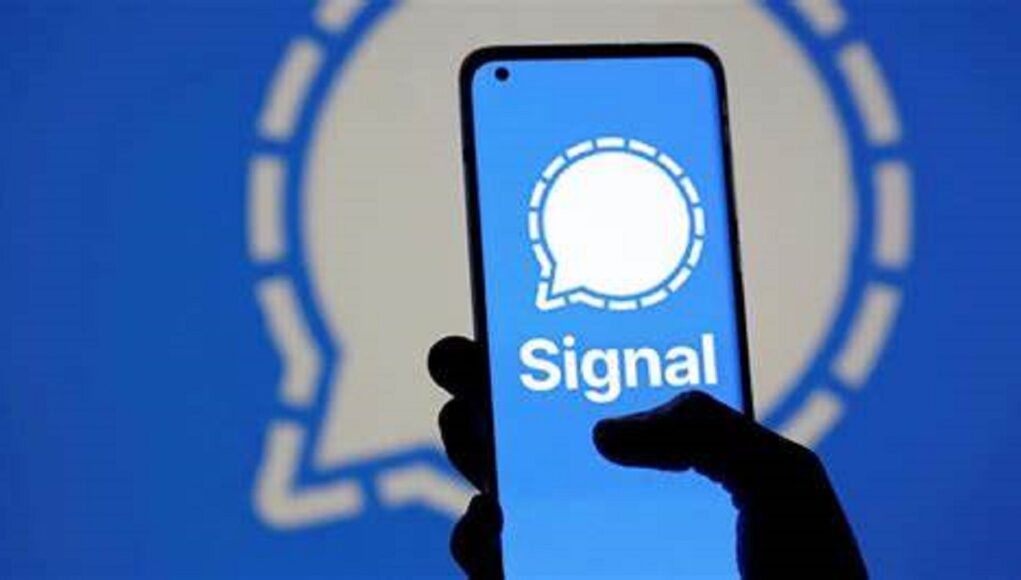In recent weeks, Signal has soared in popularity across the Netherlands. According to local media outlets, the private messaging app has consistently ranked among the top three most-downloaded apps in the country.
But this isn’t a social trend or passing fad — it’s part of a broader digital privacy movement gaining serious traction, particularly within Dutch higher education.
Universities and student organizations are increasingly ditching WhatsApp, the Meta-owned messaging giant, in favor of Signal, an open-source, non-profit platform focused on encryption and data minimization.
So, what’s driving this dramatic shift?
Dutch Universities Break Ranks with Meta
The movement away from WhatsApp is not anecdotal — it’s institutional.
According to DUB, Utrecht University’s independent news platform, staff at Utrecht University of Applied Sciences (HU) have been officially advised to switch to Signal for internal communications. Meanwhile, Avans University of Applied Sciences has been actively discussing a similar migration.
But this shift isn’t just administrative — it’s ideological. The universities aren’t just looking for an alternative messaging app. They’re seeking digital tools that respect user privacy by default.
Students Sound the Alarm: Privacy First
The National Student Union of the Netherlands has entered the chat — literally.
During a recent general assembly, the union’s chair, Abdelkader Karbache, revealed that local student unions across the country are pushing to abandon WhatsApp altogether.
Their aim? To transition towards open-source platforms like Signal that don’t collect user metadata or monetize personal data.
This move is part of a growing awareness among students of how much digital surveillance is baked into everyday technologies.
WhatsApp’s Metadata Problem: The Invisible Trail
While WhatsApp uses end-to-end encryption to protect the content of messages, the app still collects metadata — and that’s where critics draw the line.
In a revealing interview with De Telegraaf, Meredith Whittaker, president of the Signal Foundation and former Google whistleblower, broke it down:
“WhatsApp collects metadata: who you send messages to, when, and how often. That’s incredibly sensitive information.”
In contrast, Signal collects only minimal data:
- The date your account was created
- The time you were last active
- A hashed version of your phone number
Everything else — your profile info, contact list, and conversations — is fully encrypted. No logs. No surveillance.
Even TechRadar warned that WhatsApp collects not only contact metadata but also IP addresses, browser info, network details, and even cross-app identifiers via other Meta products like Instagram and Facebook.
This allows the company to build an eerily precise profile of your online behavior — all without accessing a single word of your messages.
“Your IP address alone can reveal your approximate physical location,” warns TechRadar. “Even if location sharing is off, metadata can still be used to triangulate your movements.”
Read more on TechRadar’s in-depth privacy analysis
Surveillance and Real-World Consequences
It’s tempting to dismiss metadata as a harmless byproduct of app usage. But history — and intelligence agencies — say otherwise.
Whittaker invoked a chilling quote from a former CIA director:
“We kill people based on metadata.”
The potential for abuse is not theoretical. In one case, a Catalan political activist was reportedly arrested due to a ProtonMail account recovery email — a single piece of metadata. It wasn’t the content of the communication that led to their identification, but the context around it.
WhatsApp’s Defense: Privacy Settings and Workarounds
To its credit, WhatsApp has introduced advanced privacy features, including toggles that hide your IP address during calls and allow you to limit data sharing between WhatsApp and other Meta platforms.
Experts also recommend using a VPN to obscure your IP address, as well as digging deep into the app’s permissions settings to reduce tracking. But even then, critics argue, this is akin to locking the doors while leaving the windows wide open.
As one cybersecurity analyst put it:
“While these steps can reduce metadata exposure, it’s virtually impossible to prevent it completely on WhatsApp. For those prioritizing privacy, Signal remains the better option.”
Why Signal? Beyond Encryption
Signal isn’t just another app; it’s a mission-driven nonprofit backed by experts who have fought in the trenches of big tech surveillance. The foundation receives donations and grants instead of monetizing user data.
Key benefits of Signal include:
- Open-source code (auditable by anyone)
- No ads, no trackers
- Minimal data retention
- Strong community support
- Government-resistant architecture (no central ad model vulnerable to political pressure)
This makes Signal especially appealing to academic institutions, journalists, activists, and human rights defenders — and now, apparently, Dutch universities too.
What’s Next: Will More Institutions Follow?
The Dutch pivot away from WhatsApp is not just a local trend. It signals a broader shift in digital values, particularly among younger generations, educators, and tech-savvy communities.
As data privacy becomes more central to public discourse, we may see more universities, NGOs, and even governments reconsidering the tools they rely on for communication.
Signal may not have WhatsApp’s massive user base, but it doesn’t need to. It has something Meta can’t offer: trust.
Further Reading












